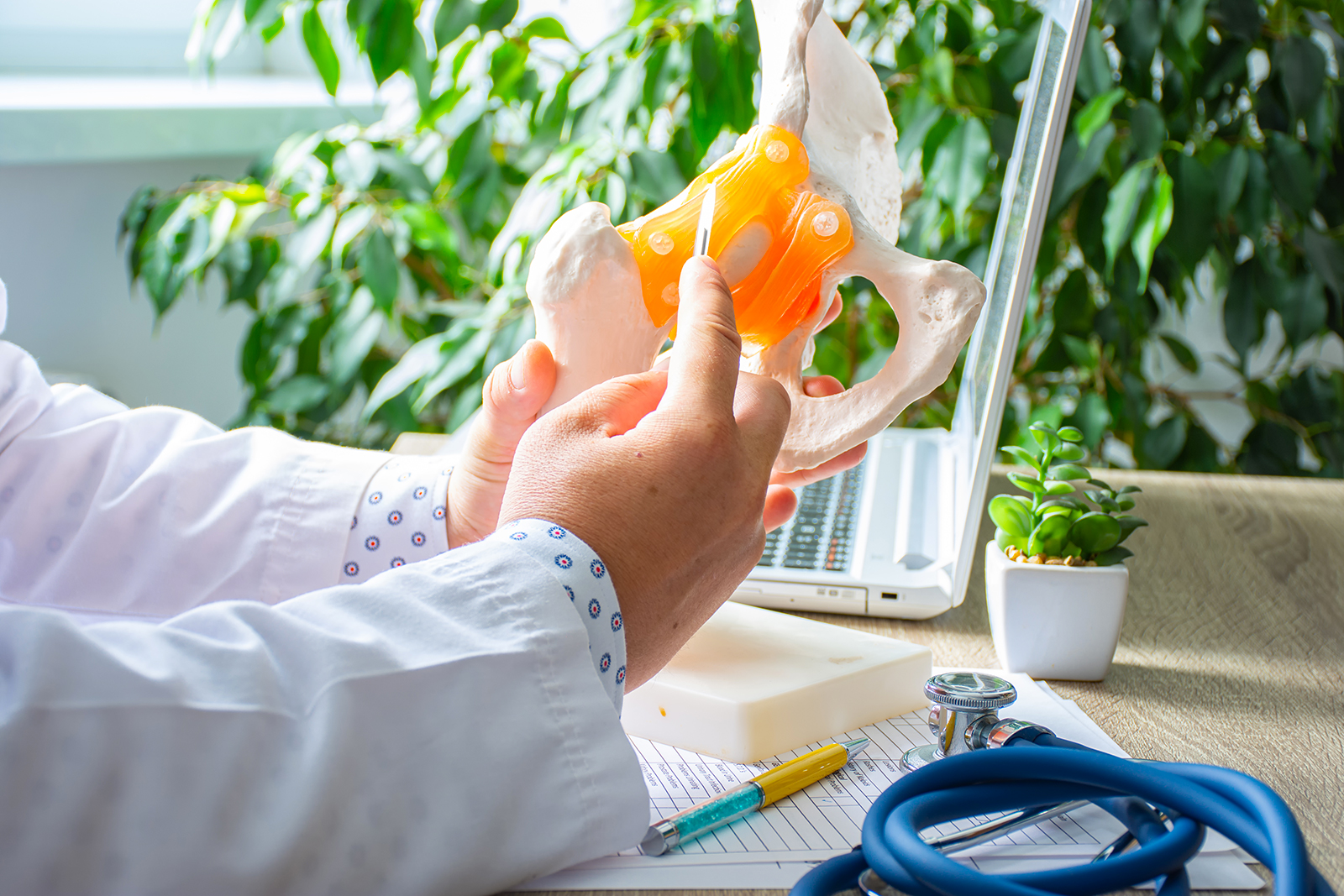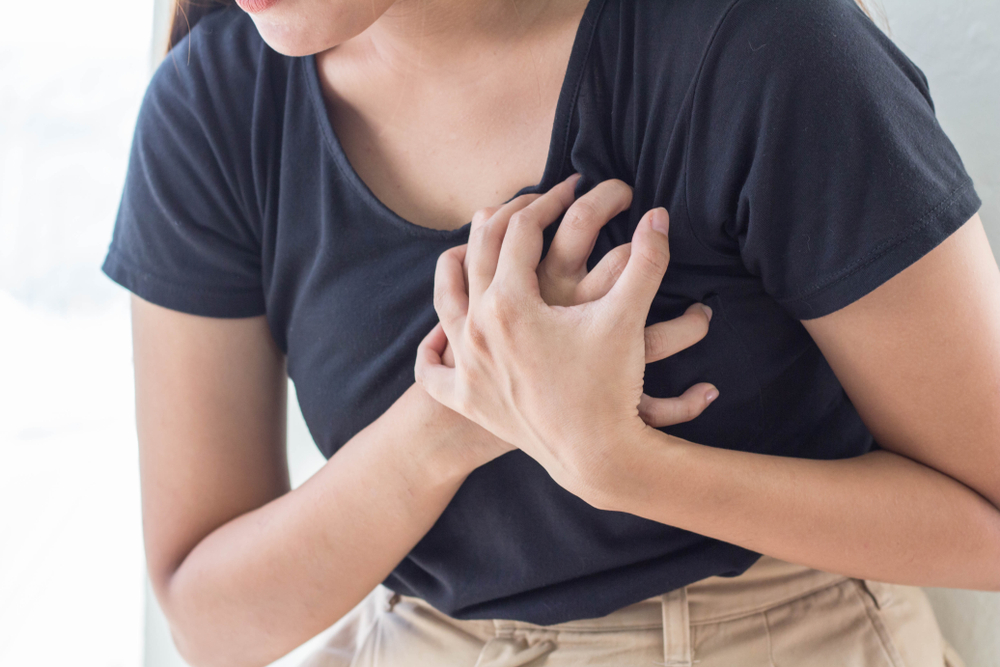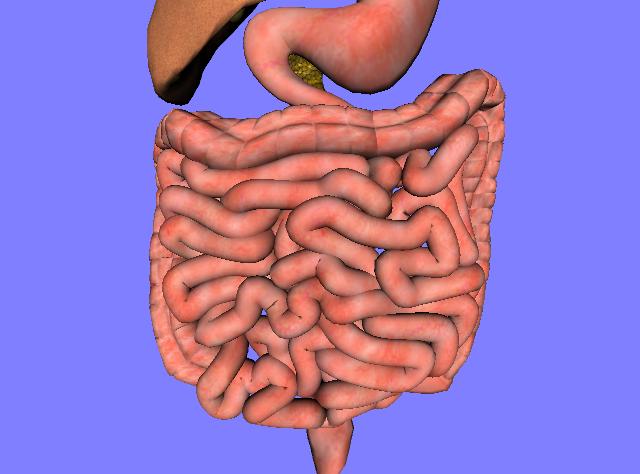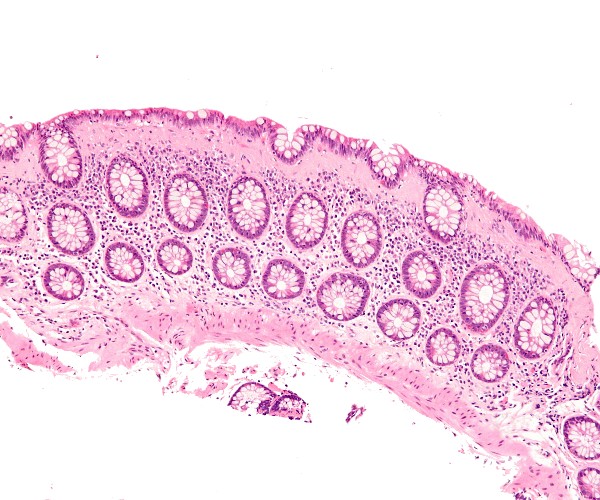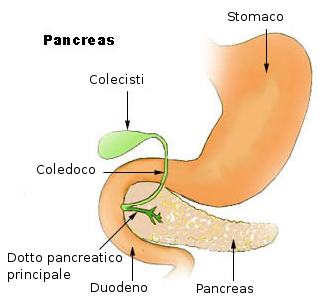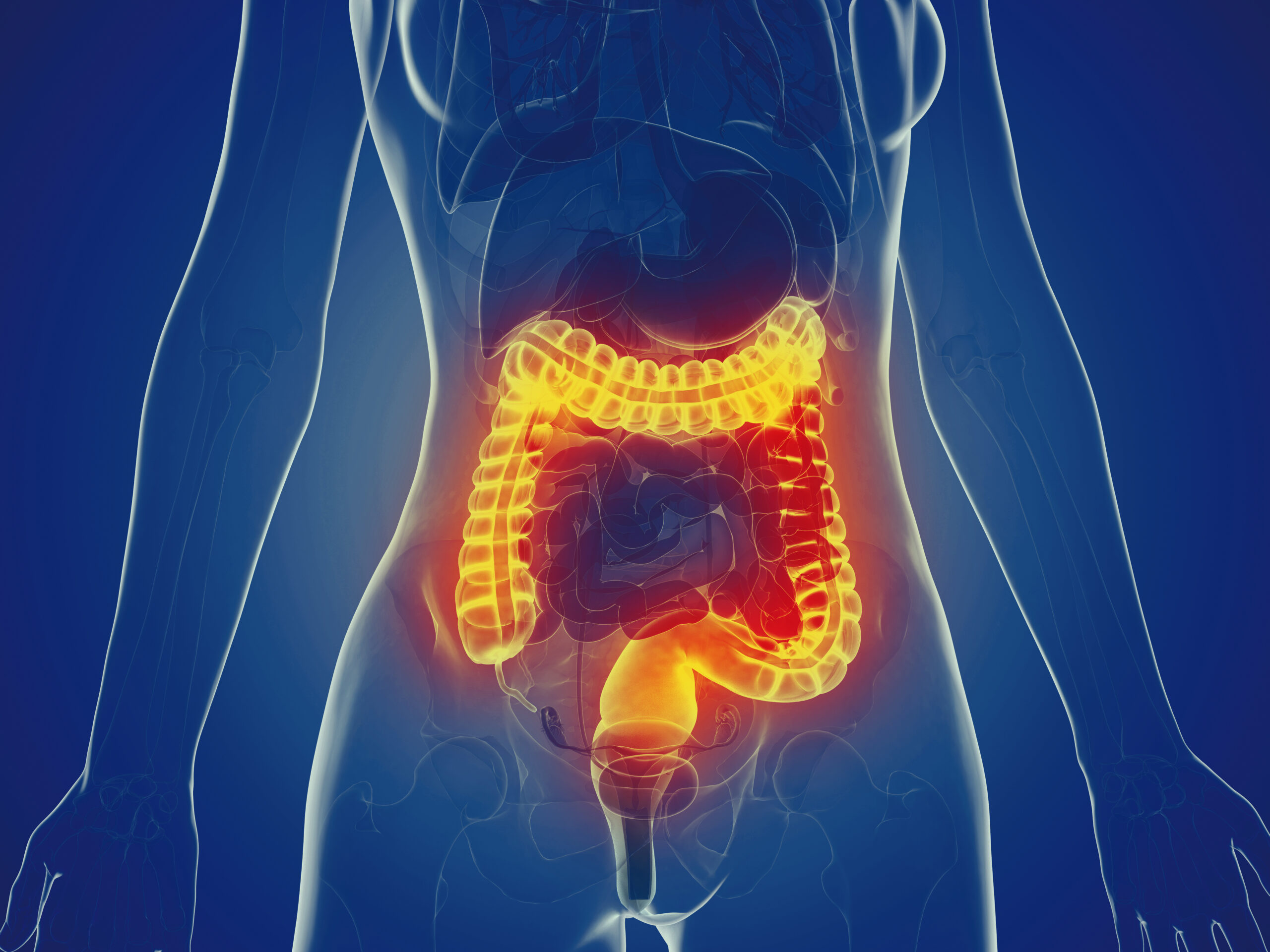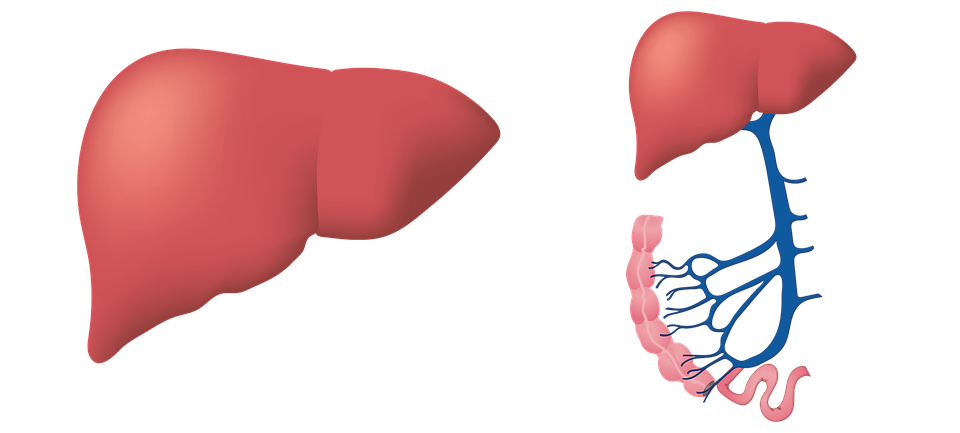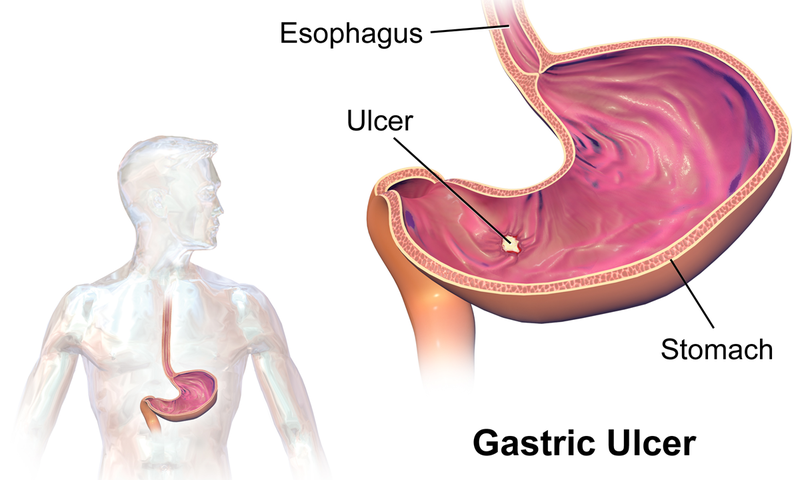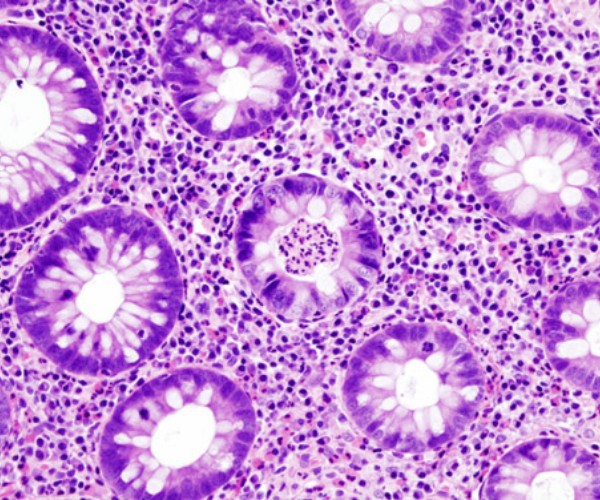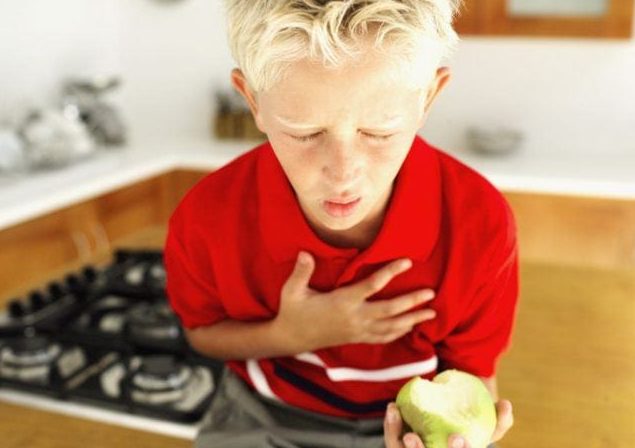A classic request that parents make to the pediatrician at this time is whether there is any provision for “Getting your child’s gut back on track” after the holidays. In fact, especially with regard to the Christmas season, it should be remembered that it is not only the dietary transgressions to cause disorders, but the many circulating viruses are also to blame, which can disrupt the Digestive system, sometimes in mutual concatenation
It may also be the case, for example, that classic indigestion, in addition to causing discomfort, alters the bacterial flora, making the gut more vulnerable to pathogens. Or a microorganism, which initially causes fever, cough, and other respiratory symptoms, may also promote nausea, vomiting, liquid discharges, and interfere with digestive processes.
What then are the best measures to help the child get better? First of all, let us remember that children, although they appear voracious and able to metabolize any mess, are no less delicate than adults: the difference lies in the fact that in the latter the symptoms are perhaps more pronounced but tend to resolve more quickly, whereas in children, if acute attacks of (liberating) vomiting or diarrhea are excluded, recovery times are slower, as well as longer vague abdominal pain, bloating or changes in fecal consistency and characteristics may persist, subtly.
To combat all these symptoms, it is first of all advisable to follow a simple diet: not necessarily “plain,” but characterized by lightly seasoned and elaborate dishes, such as spaghetti with tomato sauce, grilled steak or fish, pasta and beans, and minestrone. Also crucial is a proper balance between animal and vegetable foods: fruits and vegetables should never be missing from the table, and if they were really not liked by the child, we remember that, albeit with a loss of fiber, these sources of very important nutrients can be offered in the form of juices and centrifuges, prepared at home and consumed at the moment.
Pay attention, then, to the quantities of meals eaten throughout the day. If disturbances are present, it is better for them to be light and frequent rather than sparse and abundant. Fats deserve special mention; their intake should be moderated not only as a matter of calories but also because these substances slow down and weigh down digestion.
Finally, let’s not forget the importance of physical activity, which acts as a favorable stimulus on the motility of the digestive tract, and the intake of probiotic preparations, which are useful in restoring a balanced intestinal microflora arrangement.




